New bacteria resistant materials discovered
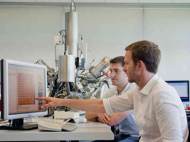 After using state-of-the-art technology to screen thousands of different materials and testing their reaction to bacteria, researchers at the University of Nottingham have discovered a new class of polymers that are resistant to bacterial attachment. Since the material disallows formation of bacteria communities (known as biofilms), it is suitable for use in medical applications and in sterile environments.
After using state-of-the-art technology to screen thousands of different materials and testing their reaction to bacteria, researchers at the University of Nottingham have discovered a new class of polymers that are resistant to bacterial attachment. Since the material disallows formation of bacteria communities (known as biofilms), it is suitable for use in medical applications and in sterile environments.
Bacteria form biofilms to provide ‘strength in numbers’ against the bodies’ natural defenses and antibiotics. Led by Professor Morgan Alexander, and Professor Martyn Davies in the School of Pharmacy and Professor Paul Williams in the School of Molecular Medical Sciences, the researchers from the University of Nottingham developed a new material able to repel bacteria and prevent them forming biofilms once it is applied to a desired surface.
The discovery has been accelerated with the help of experts from the Massachusetts Institute of Technology (MIT) who developed a process which allows simulations tests of thousands of different polymers.
“The technology developed with the help of MIT means that hundreds of materials could be screened simultaneously to reveal new structure-property relationships. In total, thousands of materials were investigated using this high throughput materials discovery approach leading to the identification of novel materials resisting bacterial attachment. This could not have been achieved using conventional techniques”, said Professor Alexander.
The results were surprising, since they revealed a new group of structurally related materials that reduce the attaching ability of pathogenic bacteria such as Pseudomonas aeruginosa, Staphylococcus aureus and Escherichia coli.
These new materials could lead to a significant reduction in hospital infections and medical device failures. These new materials prevent infection by stopping biofilm formation at the earliest possible stage — when the bacteria first attempt to attach themselves to the device.
Experts in the Schools of Pharmacy and Molecular Medical Sciences, have shown that the use of these materials lowers the numbers of bacteria by up to 96.7% (compared with a commercially available silver containing catheter) and were effective at resisting bacterial attachment in a mouse implant infection model. By preventing bacterial attachment the body’s own immune system can eliminate them before they have the time to form biofilms.
New findings in this project are very promising, and the researchers plan to develop the process that could lead to commercial use of these materials and their use in hospitals. These new materials could lead to a significant reduction in hospital infections and medical device failures, and the University of Nottingham researchers are in early stage discussions with a number of medical device companies.
For more information, read the article published in the journal Nature Biotechnology: “Combinatorial discovery of polymers resistant to bacterial attachment”.



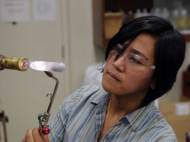
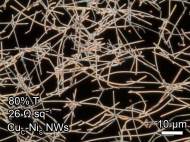
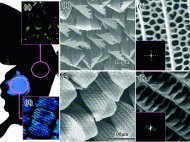

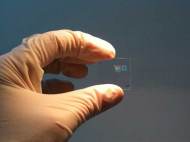
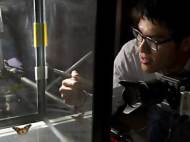
Leave your response!